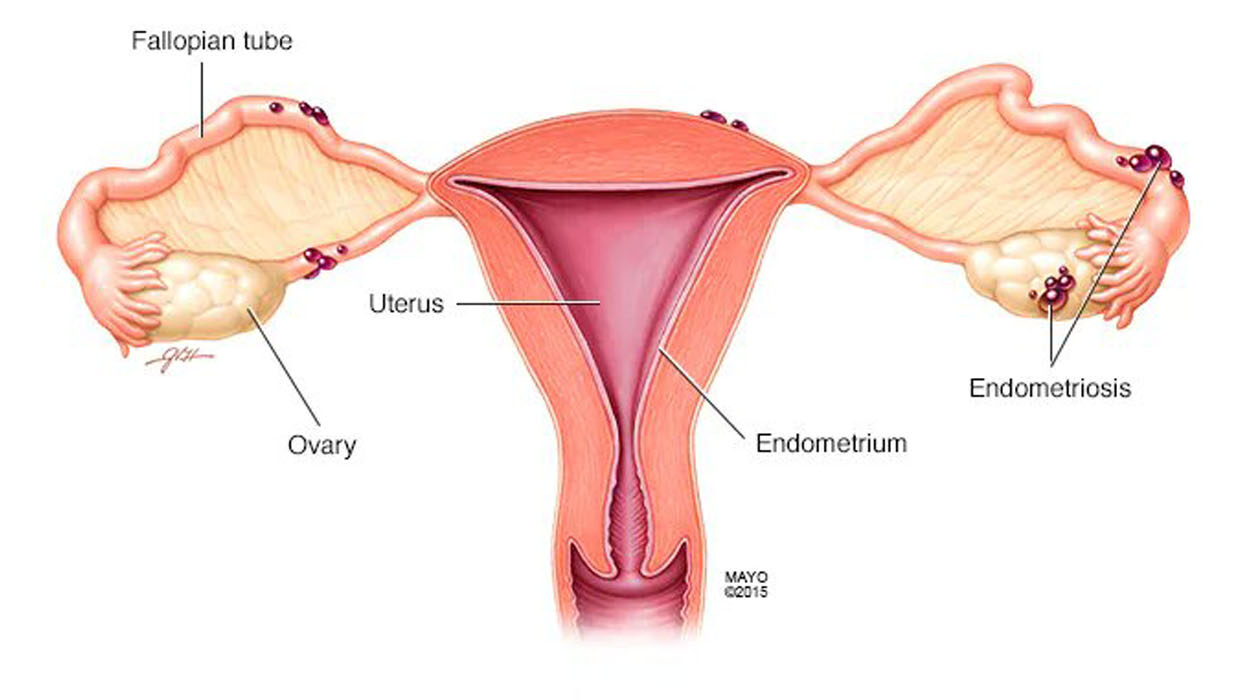Endometriosis is a complex condition that affects millions of women, causing pain, infertility, and other complications. Treatment options vary depending on the severity of symptoms and individual patient needs. One of the most common questions patients ask is whether surgery is necessary for managing endometriosis.

When is Surgery Recommended?
Surgery is generally recommended in the following cases:
- Severe Pain: If endometriosis causes debilitating pain that does not respond to medication or lifestyle changes, surgery may help alleviate symptoms.
- Infertility Concerns: Women struggling with infertility due to endometriosis may benefit from surgery to remove adhesions and restore normal reproductive anatomy.
- Large Endometriotic Cysts (Endometriomas): Cysts larger than 4 cm, particularly on the ovaries, may require surgical intervention to prevent complications.
- Failure of Conservative Treatments: If hormonal therapy, pain management, and other conservative treatments fail to provide relief, surgery may be the next step.
- Bowel or Bladder Involvement: If endometrial implants affect the intestines, bladder, or other organs, surgical removal may be necessary.
Types of Surgery for Endometriosis
There are two primary surgical approaches for endometriosis:
- Laparoscopy (Minimally Invasive Surgery): This is the preferred method for diagnosing and treating endometriosis. It involves small incisions and the use of a camera to identify and remove endometrial implants.
- Laparotomy (Open Surgery): In rare, severe cases, open surgery may be needed to remove extensive endometriosis.
Risks and Considerations
While surgery can provide significant relief, it is not always a permanent solution. Endometriosis can recur in some patients. Additionally, repeated surgeries may impact ovarian reserve and fertility potential. Therefore, a thorough evaluation is essential before opting for a surgical approach.
Non-Surgical Alternatives
In many cases, endometriosis can be managed without surgery through:
- Hormonal Therapy: Birth control pills, GnRH agonists, or progestin therapy can help suppress endometriosis symptoms.
- Pain Management: NSAIDs and other pain relief strategies can help control symptoms.
- Lifestyle Changes: Diet, exercise, and stress management can play a role in symptom control.
Conclusion: Is Surgery Right for You?
The decision to undergo surgery should be made in consultation with a qualified specialist. At Indigo Women’s Center, we offer personalized treatment plans tailored to each patient’s needs. If you’re experiencing severe symptoms or have concerns about your fertility, our team is here to guide you through the best options available.
📞 Call us at +91 72991 09555